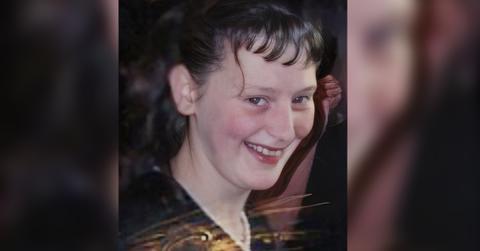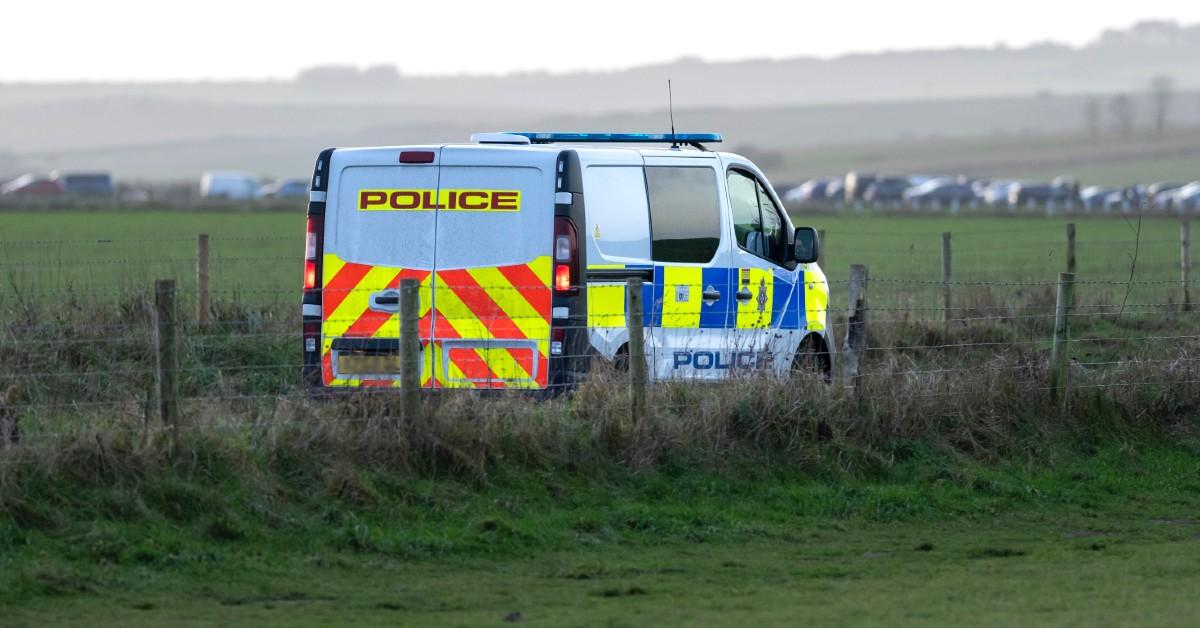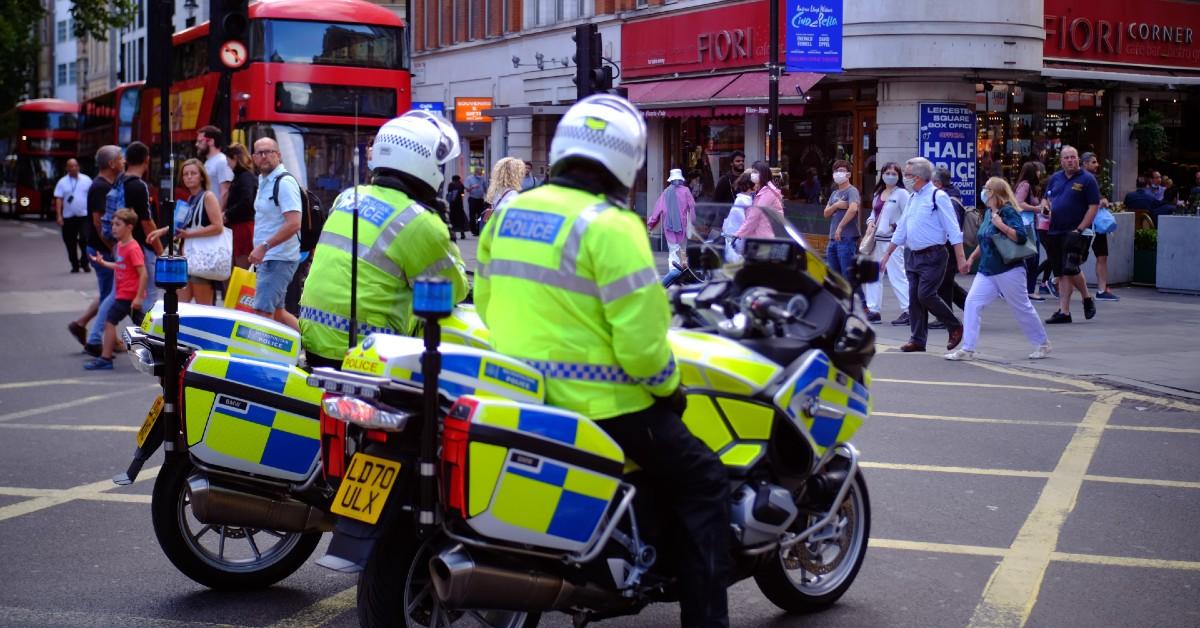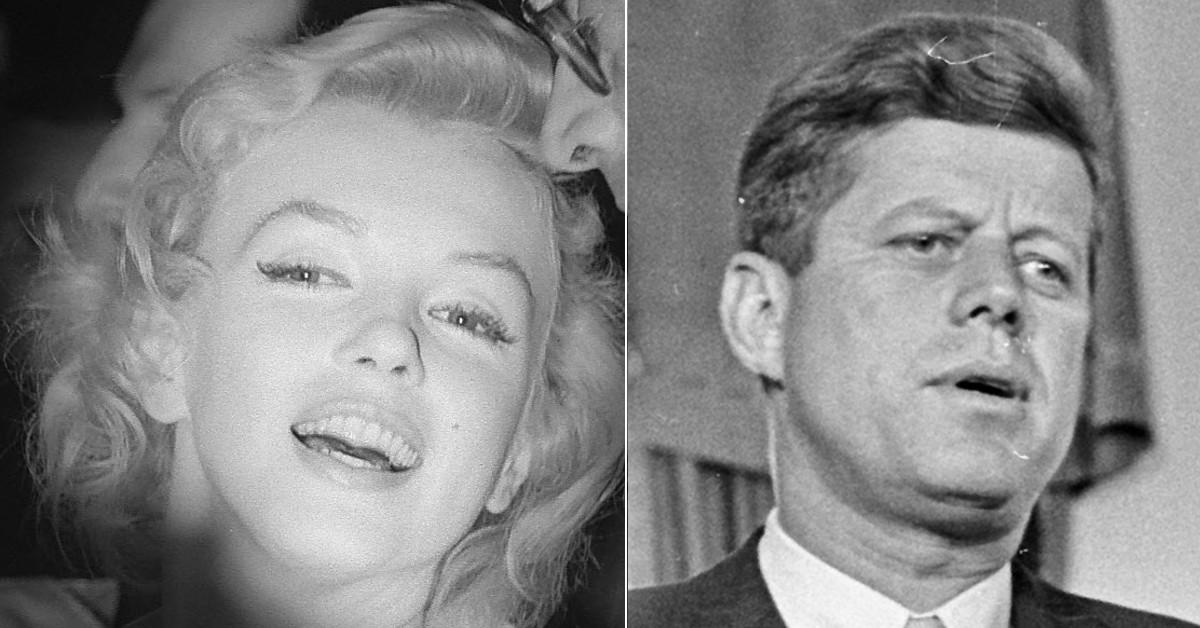Murder On The Golden Mile: Mystery Disappearance Of Schoolgirl Charlene Downes, 14, Remains Unsolved As Case Gains Fresh Attention 29 Years

Jan. 10 2023, Published 6:30 p.m. ET
The sports car stuffed with legal files looked strangely out of place as it drove along the gaudy promenade of the UK seaside resort of Blackpool, known as the Golden Mile.
At the wheel, award-winning investigator Jen Jarvie assessed the value of the cache she’d just loaded into the Toyota two-seater. Researcher and campaigner Ronay Crompton rode shotgun. In investigative terms, the women had hit the jackpot.
They were surrounded by thousands of sensitive documents relating to one of the UK’s grimmest unsolved murders, that of 14-year-old Charlene Downes, who vanished from the town in 2003. The case files had been gifted to them by one of the original suspects in the case, long since acquitted. Somewhere in the bundles piled around them potentially lay the key to the case. All they had to do was find it.

Jen explains, “There were about 80 lever-arch files in all, crammed everywhere, in the boot, behind the seat, in the footwell, on Ronay’s lap. There was barely room for us.”
She is a Private Death Investigator specializing in historic cold case murders and a lecturer in Professional Policing at York St John University in Yorkshire.
She continues, “I was familiar with the case and felt that Charlene was treated like crap by most of the people who she encountered during her short life. She had a raw deal, and she needs a voice. She needs someone to stand up for her.”
Charlene’s case is a modern British horror story so grim and murky that it has been easier to look away than face the details.
The teenager went missing on Saturday, November 1, 2003, and is presumed dead.
In her short life, Charlene was let down by everyone who should have protected her — police, social services, her family. She was exposed to paedophiles and passed between abusers. Evidence from official reports suggested that from a young age, she was groomed and abused by groups of older men. The police investigation into her murder was deeply flawed. A flimsy case against two men accused of killing her and disposing of her body by chopping it up and serving it in kebabs collapsed in 2007. The men were of Jordanian and Iranian descent and after the failed case, Charlene’s murder became a propaganda tool for far-right groups.
Charlene lived at home with mother, Karen, her father, Bob, and brother, Robert, who was 12 at the time she disappeared and died of a drug overdose in 2021. She also had two older sisters, Becki, and Emma.

Karen said she last saw her daughter around 7 PM on the night she vanished, claiming the teenager met with friends. Appeals released by Lancashire Police suggested that Charlene was later seen drinking in a bar on Blackpool’s North Pier.
In her ghost-written book about the disappearance, Sold in Secret, Karen claims she called the police on Saturday evening but was told to wait 24 hours, and then frantically called again on Sunday but that officers did not act until Monday. However, a police recording later released suggested that Karen didn’t report her daughter missing until Monday, November 3.
The police investigation revealed a web of child abuse running through Blackpool’s seedy underbelly. Charlene, along with scores of other young girls in the town, is believed to have been abused by grooming gangs operating in some of Blackpool’s fast-food restaurants. According to social service reports, Charlene was also frequently in contact with several sex offenders who were friends with her parents. Her parents deny knowing these men were sex offenders.
The evidence pointed to many possible suspects, but police focussed on one specific line of inquiry, that Charlene had been murdered by someone working in the town’s fast-food restaurants. Some young witnesses claimed Charlene was last seen in an area known colloquially as ‘Paki-alley’ where young local girls were abused by restaurant workers in exchange for food, alcohol, cigarettes, and money.
As police struggled to pin the crime on any of the individuals they were investigating, the Downes family imploded. By the summer of 2004, Robert had been taken into care and Bob had become a suspect.
Finally, in March 2006, a local businessman came forward with an explosive claim. He alleged to have been told that two men involved in the fast-food trade had murdered Charlene. Cassidy pointed the finger at Iyad Albattikhi, owner of Funny Boyz kebab shop and his landlord and business partner, Mohammed Reveshi.
Police arrested the men and secretly bugged Reveshi’s home and car. The devices were active for four weeks, and the recordings were transcribed by Detective Sergeant Jan Beasant. In her transcripts, she wrote that the men had joked about killing Charlene and visiting her burial site. On that basis Albattikhi was charged with murder and Reveshi was charged with helping to dispose of the body.
A three-month trial started in March 2007 at Preston Crown Court. The jury was told that Charlene was one of a number of girls used by grooming gangs in the town and that Albattikhi had sex with her, which he denied.
The prosecution said that Charlene had been dismembered, minced, and put into kebabs and that her bones had been ground up and made into tiling grout. There was no forensic evidence for the claims.

A jury failed to reach a verdict. A retrial was scheduled for the following year, but when the prosecution reviewed the case it determined that there was not enough evidence to proceed, and the men were released.
A week after the trial collapsed Karen was arrested for stabbing Bob during an argument. He did not press charges, saying his wife lashed out because of grief and distress.
The family believed the kebab narrative and the case was taken up by far-right groups the English Defence League (EDL) and the British National Party (BNP), which stoked up tension in the town, leading to racially-motivated demonstrations.
In October 2009, an Independent Police Complaints Commission (IPCC)investigation into the botched police investigation revealed there were serious doubts about the transcripts. The audio quality was so poor that a forensic audio expert refuted them. The IPCC said that Lancashire Constabulary’s investigation was “handled poorly and unprofessional” and contained a “catalogue of errors which undermined the court case.” Seven detectives were disciplined.
In the same year, Charlene's sister Emma, then 24, went on trial for racially assaulting Albattikhi's brother, Tariq, at a nightclub. The charge was dropped when she admitted a lesser charge of common assault.
In 2011, Charlene’s disappearance was marked by a memorial service organized by the BNP and a demonstration against ‘Muslim grooming gangs’.
Two years later, accusations were published in The Times newspaper about Karen and Bob. The newspaper reported on leaked records that claimed West Midlands Police and social services had launched a joint investigation into the family before they moved to Blackpool in 1999 because a convicted rapist, who had been jailed three times for buggery and indecent assaults on young girls unconnected to the brood, was a regular visitor to the family home.
The Times report alleged the family moved to Blackpool after Walsall social services threatened to prosecute the parents for willful neglect and to have the children taken into care. Karen later claimed in memoir that they moved for a fresh start after falling out with neighbors. She also revealed that her husband was receiving counseling for gender issues before Charlene vanished and was considering a sex change. He dressed in women’s lingerie and called himself Martina.
It was also alleged in the Times report that a succession of men were introduced to the family after meeting Bob in local pubs. One, in his fifties, was reported to have described Charlene, then 13, as his girlfriend. It was also alleged another 40-year-old admitted to police that he paid Charlene to carry out a sex act.
In her book, Karen addressed the report by writing: “I had no idea where his information had come from, but it was wrong. Some of it was totally fabricated, some of it twisted. Certainly, Bob had friends around. He’d often have a mate round from the pub and occasionally they’d stay over on the couch if they’d had too much to drink. We didn’t vet their backgrounds, I had never thought it was necessary – they were local blokes. Anyway, they had nothing to do with Charlene or any of my children.”
One of the men was alleged to have been staying with the Downes family the day Charlene disappeared.
In 2014, Lancashire Police issued a fresh appeal and released CCTV taken from a camera in Blackpool the night Charlene disappeared. The grainy footage showed two young women walking past buildings in the town, heading in the direction of ‘paki-alley’. Police said the younger of the two women was Charlene. Last year, when confronted by Jen, police conceded that footage was not of Charlene. It appears to have been released as a fishing exercise.
Meanwhile, allegations about Bob and Karen’s associations with known sex offenders continued to circulate online and were repeated in the three-part 2019 TV documentary, The Murder Of Charlene Downes. One of the documentary makers was Joe Cusack, who ghost-wrote Karen’s book.
In the documentary, Karen was asked about the sex offender allegations and admitted that one of the men “told me he had feelings for [Charlene] when she was 14 and I said: ‘F--- off, she’s a 14-year-old girl, you dirty old b------,’ but he never told me anything about anything else.”
Bob was also asked about the men staying at his home and replied, “This is all new to me. I knew nothing of that. The only thing I did, I sent Charlene down to knock on (call for the man) and say are you coming out to play … see if we can go out for a drink. Then she came straight back.”
In 2019, Ronay Crompton became involved with the case after watching a video about it. She set up a Facebook group called Real Justice for Charlene Downes, which currently has over 3,000 members. She became a vocal advocate for Charlene, despite not having known the teen.
“I can’t remember the last time I watched something that made me so angry,” she said. “The more I read, the more apparent it was that Charlene was failed on every level. The far right had taken ownership of the case and were pushing the ‘Asian grooming gangs’ narrative. I wanted to look beyond that.”

Through her Facebook group, Ronay was contacted by an anonymous source, who passed her a number of official files from the case.
“I started to get an insight into the unreported aspects of the case. I started digging and it was apparent to me that Reveshi and Albattikhi had not killed Charlene,” she said. “There was no evidence. The witness stories contradicted each other. It was flawed.”
In July 2022, Ronay approached Jen and asked her for help. Jen, runs Jarvie & Khan Investigations with her business partner, former detective superintendent Jaz Khan, and agreed to take on the case pro bono.
Since July, Jen has met with Charlene’s mother, one of her sisters and also Reveshi, who gifted her the full case files including social services reports, witness statements and police logs. Jen also believes that Reveshi is innocent.
She commissioned a specialist to enhance the last photograph ever taken of Charlene, snapped the day before she vanished, in which the 14-year-old is wearing the same clothes she went out in the following night.
“It is important to circulate this photo, because the one that is widely used shows Charlene several years previously in her school uniform. Our enhanced photo is the most accurate likeness of how she looked when she disappeared,” she explains.
Jen admits that the grim details of the case can take an emotional toll.
“I have to detach myself and go walk the dog or play Candy Crush sometimes. I remind myself I’m doing this for a purpose,” she admitted. But both Ronay and Jen are determined to find out what happened to Charlene.
“There are so many layers to get through,” explained Jen. “The only way to approach it is to start right at the beginning and work through everything methodically. Obtaining the files was a big step forward – somewhere in them there will be clues. No one had Charlene’s back when she was alive, but she’s my client now and I’ll do everything I can to find out what happened to her.”
Ronay wants a public inquiry into the case and for another police force to investigate.
“The bigger issue is systemic child abuse in Blackpool, where the environment allows it. There is a thriving sex industry, cheap housing and board, a transient community and cash-in-hand work. You can go to Blackpool and get lost,” she shared.
For too long, Charlene has been lost. But thanks to Ronay and Jen, there is now hope that the truth about what happened to her may finally be found.
Powered by RedCircle


